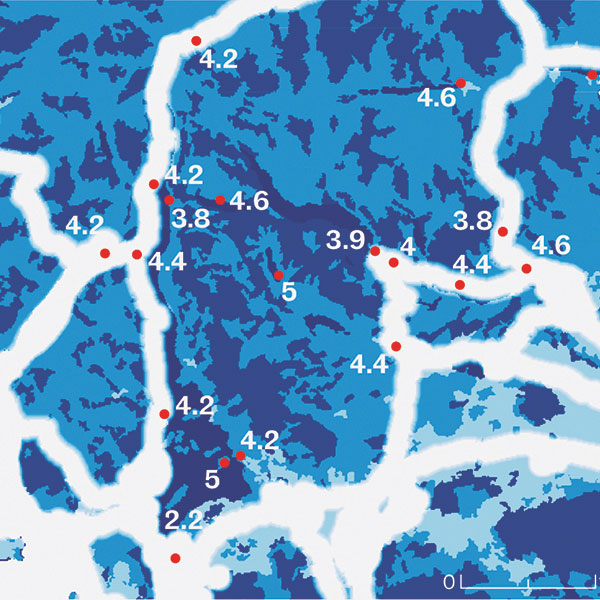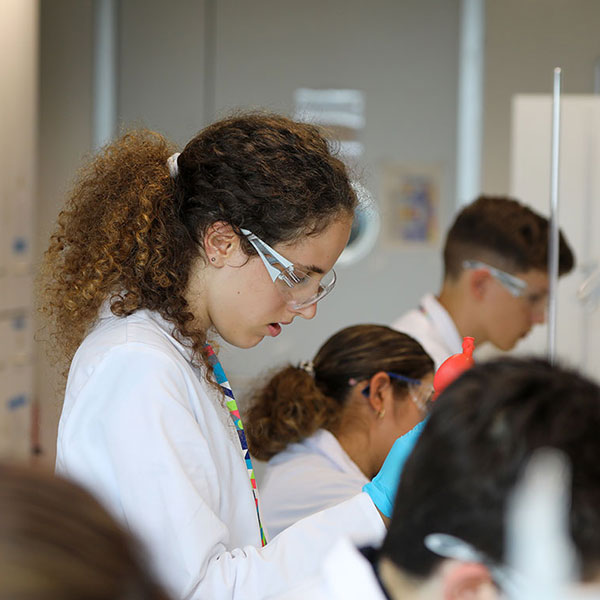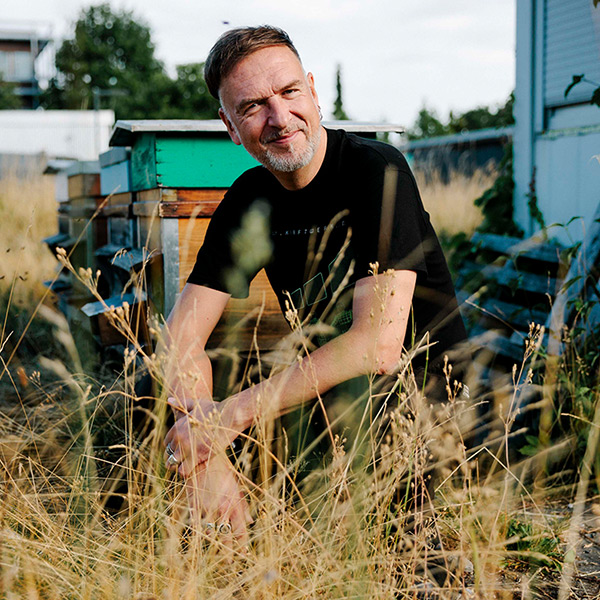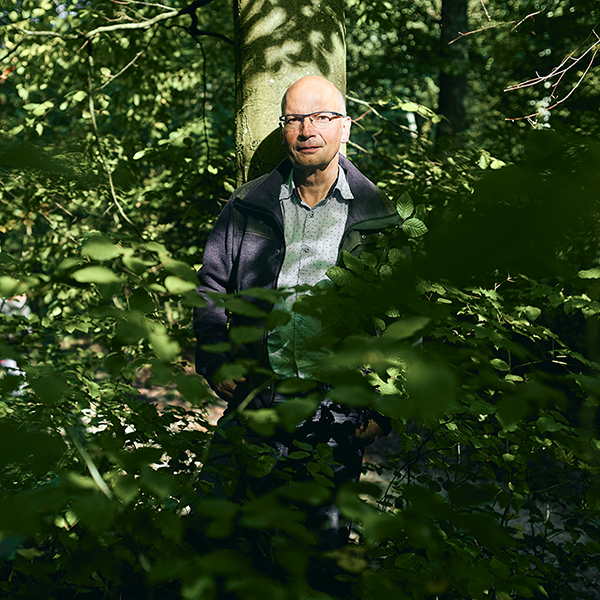Feature: AI, the new research partner
Keep calm and carry on
Researchers have to integrate AI in their work, otherwise they’re not being true to their calling. This is the belief of Horizon’s joint Editor-in-Chief Judith Hochstrasser.

This is a rather odd self-portrait by Frida Kahlo. But she’s been given a surreal helping hand by the artist Jonas Wyssen from the canton of Valais, in cahoots with his trusty AI algorithms. | Image: Jonas Wyssen
Artificial intelligence, machine learning and neural networks (or whatever you want to call these highly advanced programs) are having a massive impact on how we acquire new knowledge. This is primarily because they can sift through much bigger chunks of data in a much shorter time, analyse them, and thereby make more accurate forecasts, for example. In essence, these programs therefore offer researchers the same as so many earlier, major technological advances that are today all-pervasive, e.g., the Internet or electricity itself: the ability to process ever larger amounts of information at ever higher speeds.
Some people might lament that these developments perfectly fit the logic of capitalism. Or they might sceptically invoke the old philosophical insight that the more answers we find, the more questions arise. Others might claim that the downfall of humanity is looming just over the horizon, or at least the demise of all that makes us human. But whether we see these programs as our greatest possible threat or our putative saviours, one question remains: What exactly is it about them that we find so unsettling? It’s natural here to ponder an older, similar conflict in the case of Galileo Galilei, whose realisation that the Sun does not revolve around the Earth called into question the very worldview that underpinned his society. It is the Earth that revolves around the Sun. Ergo, man does not constitute the centre of the Universe.
Something similar is now happening because ‘intelligence’, once the sole preserve of humankind, seems to be that no longer. In fact, machines could also be intelligent. Ergo, man is not the sole possessor of knowledge. The commotion around AI is in fact about the position of humankind in the hierarchy of existence. This is something that neither electricity nor the Internet ever challenged.
It’s naturally of particular import to research if it turns out that humans are not the only intelligent entities. And of course researchers have to integrate everything into their work that could lead us to a greater understanding of the world, and hence to more knowledge. This is why AI isn’t just becoming all-pervasive in society overall, but also fundamental to the development of science – just like other, typical tools of knowledge production, such as microscopes. I think the best advice we can give is this: keep calm and carry on. After all, humans and their tools have belonged together since early hominids made the very first axe.




